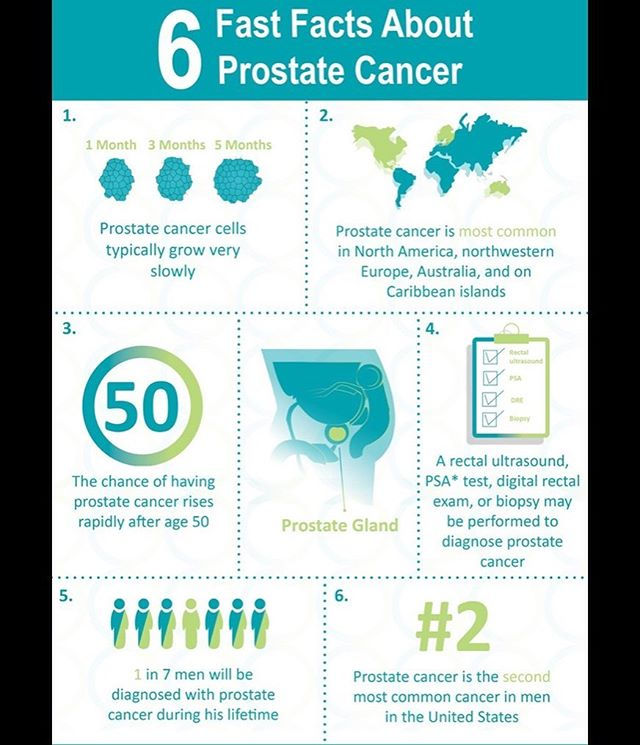prostate Cancer
- drnaghmeh

- May 2, 2020
- 2 min read
Prostate Cancer is the second most frequent cancer diagnosis made in men and the fifth leading cause of death worldwide. Prostate cancer can be serious disease, but most men diagnosed with prostate cancer do not die from it. In fact, more than 2.5 million men in the United States who have been diagnosed with prostate cancer at some point are still alive today. 1 in 6 men will be diagnosed with prostate cancer during his lifetime.
Prostate cancer may be asymptomatic at early stages and that's why, for every man above the age of 40 I would say : " Its time for your yearly urologist visit for a check up".
What are some warning signs of Prostate Cancer:
1- A painful or burning sensation during urination or ejaculation
2- Frequent urination, particularly at night
3- Difficulty stopping or starting urination
4- Blood in urine or semen
Risk factors for Prostate Cancer :
1- Age : Beginning at age 50 , men should have a prostate exam every year
2- Genetics : Men with a first-degree relative diagnosed with prostate cancer are considered high risk, and should consider screening at age 40
3- Race : African-American males over 40 have the highest rate of prostate cancer
4- Diet : Studies suggest that men who eat a diet high in animal fat or meat may be at increased risk.
Treatment of Prostate Cancer depends on stage:
Some types of prostate cancer grow slowly . In some of these cases, monitoring is recommended. Other types are aggressive and require radiation, surgery, hormone therapy, chemotherapy, or other treatments.
What is the difference between Prostate Cancer and Benign Prostatic Hyperplasia ( BPH) ?
The prostate gland is enlarged in both, in BPH, it is a benign or noncancerous condition. BPH is very common especially as a man ages and his prostate begins to grow. BPH is not linked to cancer and does not increase your risk of getting prostate cancer- Yet the symptoms for BPH and prostate cancer can be similiar.
In BPH , there is no weight loss, and the Prostate Specific Antigen ( PSA ) values are between 4-10. In prostate cancer there is weight loss, and the PSA values greater than 10.
The age-old adage that men do not go to the doctor is still alive and well even in today's modern age of life-prolonging medicine. The CDC currently reports women are 33% more likely to visit the doctor than are men, and women are 100% better at maintaining screening and preventive care.

So, to my men followers, allow yourself to put your well-being first. By prioritizing your well-being, you in turn, provide well-being to your entire family and those you love.
Stay well and healthy. Dr. Naghmeh



Comments